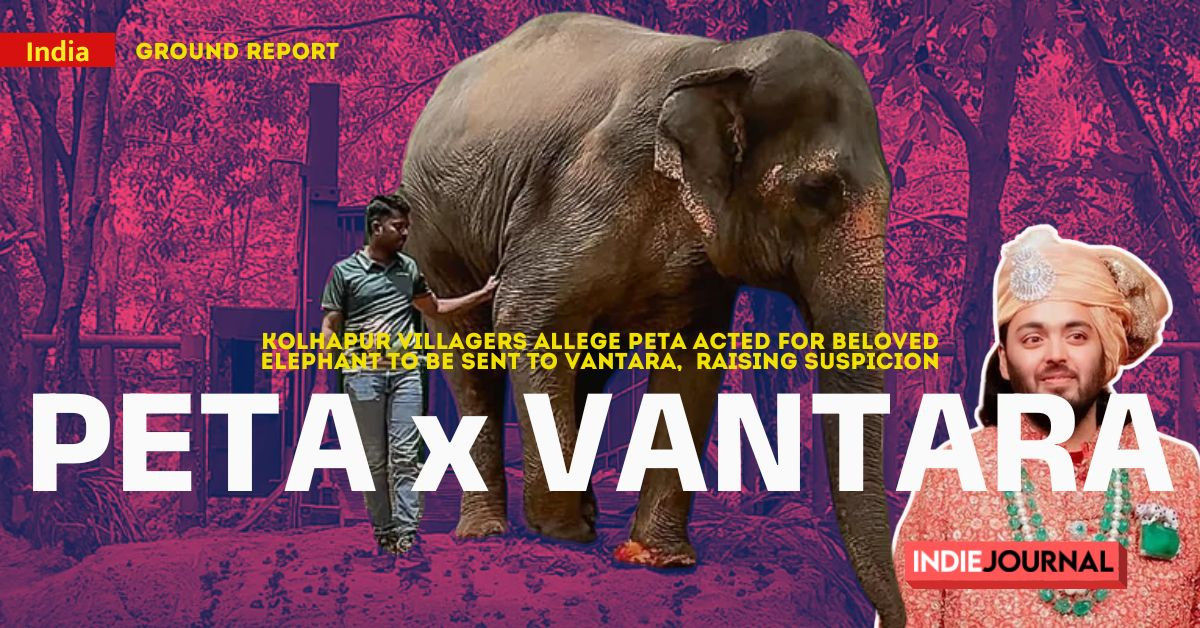India
Filmmakers oppose merger of NFAI, Films Division with corporation NFDC
Filmmakers, other stakeholders demand the report by the Bimal Julka Committee formed to assess the merger/closure process to be made public.

The merger/closure of several public-funded film institutions in the country, including the Films Division (FD) and National Film Archives of India (NFAI), has caused a stir among hundreds of filmmakers and film students, who have written to the Ministry of Information and Broadcasting (MIB) seeking more answers and demanding transparency. Questioning the credibility of the report by the Bimal Julka Committee formed to assess the merger/closure process, the filmmakers, including renowned names like Naseeruddin Shah, Nandita Das, Anand Patwardhan, have demanded access to the committee’s report. They have strongly opposed the merger/closure of the institutes like FD, NFAI and Children’s Film Society of India (CFSI) must not be merged with a corporation like the National Film Development Corporation of India (NFDC).
In the letter, the filmmakers have shown disappointment with the lack of any consultation of the MIB with the larger film fraternity. “Since the MIB’s announcement of re-assessment of these units in January 2019, we have followed several notices issued by the government. We hoped that an exercise as important as this will involve detailed discussions with the stakeholders including members of the film fraternity and the employees of the above-mentioned institutions amongst others. Hence, it was a surprise to know that the High Powered Committee under Shri Bimal Julka submitted its report without engaging with the primary stakeholders. The fact that this report has not been made publicly available despite an RTI application raises further questions about the legitimacy of the whole process,” the letter read.
The filmmakers have shown disappointment with the lack of any consultation of the MIB with the larger film fraternity.
Around 900 filmmakers, researchers, teachers, theatre practitioners, students, lawyers, former government officials and members of the civil society have endorsed the letter, which puts forth five important demands. The group has also asked the Government to urgently clarify the speculations in the media about the future privatisation/sale of these institutions. Several stakeholders have also expressed suspicion since the announcement of the merger if it’s the beginning of the process to slowly privatise the NFDC.
In fact, a few days ago, Rajya Sabha MP John Brittas had written to Anurag Singh Thakur, Union Minister for Information and Broadcasting and Youth Affairs and Sports, expressing concerns about the merger of these institutes with the NFDC. In his letter, he had questioned how institutes of non-profit nature like the FD and NFAI be merged with NFDC, registered under the Companies Act, which has to generate profit for its operation and sustainability?
Along with the demand not to merge these public-funded institutions with a corporation like NFDC, the group of filmmakers has asked for the report of the high-powered Committee headed by Julka to be released by the Ministry immediately. The report was submitted by the committee on June 2, 2020, to the then Union Minister for Information and Broadcasting Prakash Javadekar. A few months after the submission, the Union Cabinet announced the merger in December last year. Since then, concerns have been raised by several stakeholders regarding the viability of the merger/closure. Moreover, the Bimal Julka Committee report was never made public by the government, despite an RTI application for the same in January 2021.
Another demand also calls for the MIB to address the concerns and anxieties of the employees working at these public institutions at the earliest. Earlier this year, the Film Division staff association had filed a petition at the Delhi High Court challenging the cabinet's merger decision. The staff had claimed that neither the employees association nor the senior staff members were consulted before taking such a big decision. The employees were also worried about the future of their employment status after the merger since the NFDC employs its staff on a contractual basis, unlike the other public-funded institutes that are to be merged with it. However, the court dismissed the plea as the then working conditions of the staff had not been affected and a period of two years had been earmarked for the implementation of the decision.
In conclusion, the filmmakers have demanded that the current process of restructuring of these public institutions should be put in abeyance till the pending issues of transparency and public consultation are addressed.





